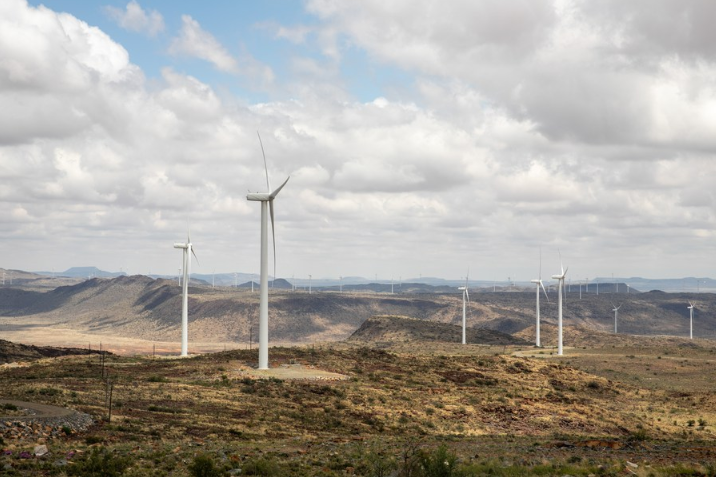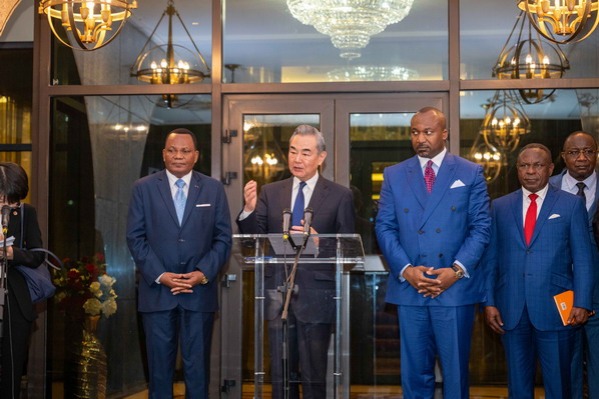Washington urged to do more to support ASEAN


Better position
The US has sent its senior officials to ASEAN countries numerous times since late last year, but all these visits failed to sow discord in the region. The Biden administration should now be aware that unlike the European Union, ASEAN is in a better position to maintain its strategic autonomy-evidenced by its refusal to join the US' "sanctions club" against Russia over the Ukraine crisis.
The EU's experience after surrendering its autonomy to the US is also a reminder of the price it has paid for doing so.
Ge Hongliang, an ASEAN studies researcher at Guangxi Minzu University, does not think the Biden administration can create a honeymoon period for US-ASEAN relations, despite Washington's high hopes of achieving this.
ASEAN was ignored during the administration of Donald Trump. The U-turn taken by the Biden administration in its attitude toward ASEAN has no foundation on the ASEAN side for a lack of mutual trust, Ge said.
"As long as conflicts between ASEAN's pursuit of 'centrality' in the region and the US' obsession with building its leadership in the Southeast Asia cannot be resolved, the honeymoon period will continue to be a daydream for the Biden administration," Ge added.
"ASEAN wants the US to work with China to manage and control risks, while reducing uncertainties to ensure the region's safety and stability."
ASEAN fully respects China acting as ballast for regional stability and development. If the bloc refuses to decide between the US and Russia, how can Washington count on it to choose between the US and China?
Foreign Ministry spokesman Wang Wenbin has said that China's stance on attempts by the US to pull ASEAN to its side is clear and consistent-the Asia-Pacific region on the whole enjoys peace, stability and good development momentum, which should be cherished by all parties.
The region is also a common home for cooperation and development, not a chessboard for a game between major countries, Wang said, adding that ASEAN countries are players in promoting regional development and prosperity, not "pawns" in geopolitical competition.
As former colonies of the West, countries in the region, including China, share painful memories of being bullied and exploited by foreign powers, and some have paid a heavy price for not only being backward but also for being victims playing into the hands of foreign forces' divide-and-rule ambitions, even after winning their independence.
This is why they cherish their high-speed growth and stable development over the past three decades, and their common historical and cultural bonds give them common ground to settle their internal disputes and differences, promoting the formation of a community of shared future in the region.
As Wang Wenbin said, it is hoped that the US can heed Asia-Pacific countries' common calls for peace, stability and cooperation, and respect their freedom to choose their own political systems and development path, as well as their historical cultural values, which serve as the foundation for regional development.
Observers said Washington should do more to implement its promise to support ASEAN's centrality in the region, and also respect the bloc's principles of settling differences through open and inclusive negotiations.
As victims of the Cold War and "hot wars" over the past century, the region naturally shuns the Cold War mentality of the US and Washington's attempts to form cliques at the cost of regional unity and development.
Luo Liang, an assistant researcher of Southeast Asia at the National Institute for South China Sea Studies, said ASEAN also fears that the US is building cliques in the bloc, as Washington is taking advantage of the South China Sea disputes between China and some ASEAN countries to divide members nations into different camps and treat them accordingly.
"The US' building of the AUKUS partnership with the United Kingdom and Australia, and the Quadrilateral Security Dialogue, or Quad, with India, Australia and Japan actually heightens ASEAN concerns that it will do the same to split the bloc from within," Luo said.

































